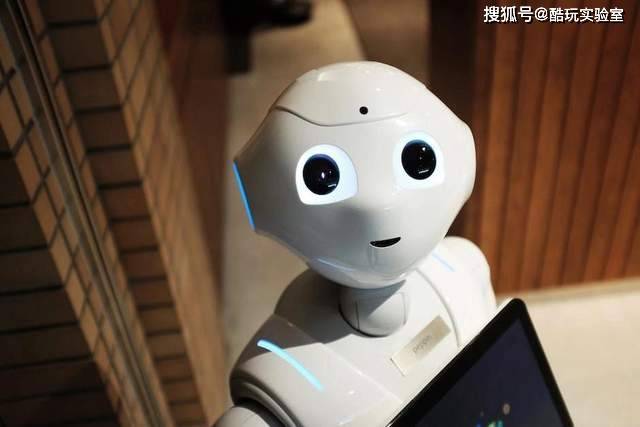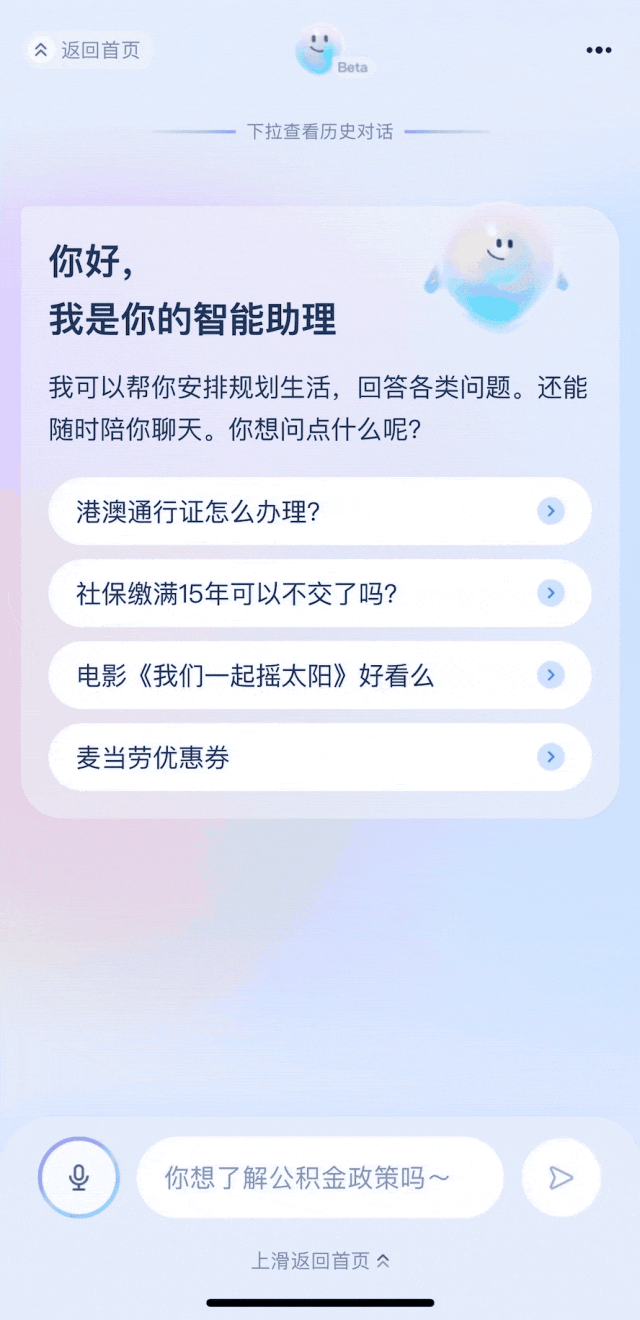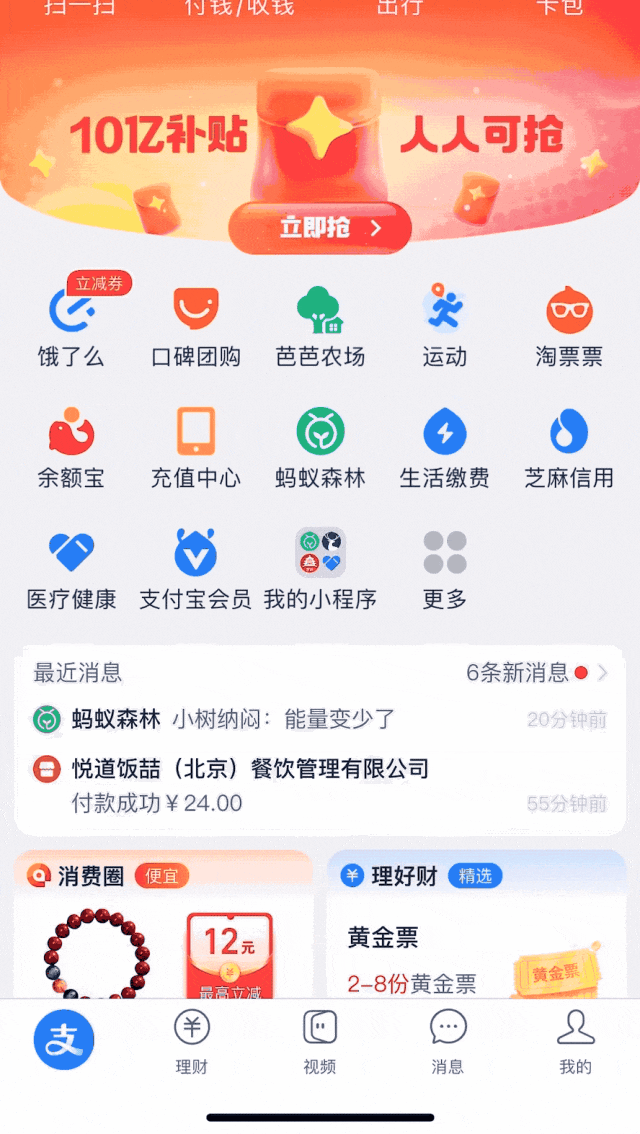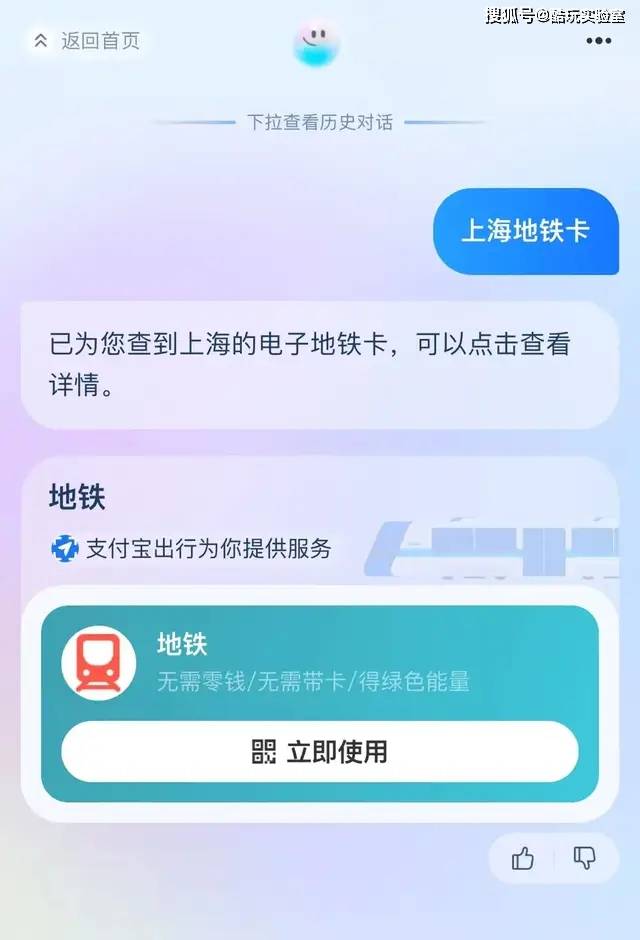In recent years, AI products such as ChatGPT, Midjourney, Sora, and China-based Kimi, Wenxin, Tongyi Qianwen have been fervently burgeoning. Their functions primarily focus on dialogue chat, assisting at work, and post-creation. This has caused some to question if we have got it wrong about the direction of AI – should it be toiling while humans create art?
Surprisingly, I have recently come across an AI that can handle everyday chores.
Apart from engaging in a basic chat about poetry and geography, you can also up the ante by baffling it with absurd logic. What’s more, you can put it to work.

Recently, Alipay has launched a smart AI assistant.

Though it is still in the testing phase, my experience with it has been intriguing. It can help with mundane, but unavoidable tasks such as checking flight tickets, finding restaurants, paying electric bills, locating gas stations, and scheduling medical appointments.
With the upcoming May Day holiday, for instance, I needed to book a flight ticket from Beijing to Shanghai. I used to have to enter the locations and dates in a ticket-booking app and search through numerous flights for the most suitable one.
However, now I just need to pull down on the Alipay homepage to bring up the smart assistant or find it by clicking the + icon in the top right corner.

I just need to tell it, “Search for Beijing-to-Shanghai tickets for after 8 pm that cost less than 1000 yuan”.
The assistant then generates the corresponding flight information based on my needs. By selecting a flight and entering the booking page, I can pay online and complete the ticket booking.

Seeing that Alipay’s AI product has simplified the searching, booking, and paying process, I no longer need to jump between multiple apps to complete the booking.
When going for a trip, I’ll also need to book hotels, find attractions, and explore local food. Hence, the smart assistant can be quite handy.
Simply entering a vague contender like “Hotel” prompts the assistant to automatically find nearby accommodations. By clicking a result, I’m directed to the navigation page on the Gaode Map for the quickest route.

Similarly, by entering “Fun places” or “Recommended restaurants”, the assistant can prioritise by distance to offer suggestions for where to eat, drink, play, and enjoy nearby.
Additionally, the assistant can help find nearby gas stations, charging piles, parking lots, and even laundries and sports fields.

You no longer need a physical ticket to ride the subway. Just search “Shanghai metro card”, and you’ll be directly taken to the QR code ride page, regardless of how deep it is embedded. The smart assistant can ‘fish’ it out from a pile of application services.

My parents are also planning a holiday for May Day. They asked me to help with booking the tickets, plan the itinerary, and find good food. The Alipay smart assistant simplifies it all!
Most people, especially the older ones, naturally tend to resist using new internet products. Hence, having this smart assistant that can cater to everyday needs like food, transportation and fun in a single app significantly lowers the learning curve.
Presently, the majority of AI applications primarily concentrate in Q&A, in-depth text analysis, post-production of films, etc., all in an attempt to alleviate human work. However, most ordinary people don’t really need these powerful features.
What we have to face are mundane and repetitive tasks like commuting, working overtime, eating, sleeping and even worries about our jobs being taken over by AI. People hope for an AI that can share the burden of trivial but necessary everyday tasks.
In the field of AI, applications that can learn, think, judge, make decisions, and accomplish human tasks are called AI agents, or smart AI assistants. Even though they are still experimental and limited by the development of software and hardware, industry experts like Bill Gates and Nvidia’s senior researcher Jim Fan are hopeful about their future.
Microsoft has launched Microsoft Copilot, hoping to be everyone’s “AI work buddy”. Alipay’s smart assistant, however, aims to be a “life buddy”.
Indeed, addressing the needs of ordinary people has a larger market demand compared to making AI create poetry or artwork.
Alipay’s smart assistant focuses on the daily lives of ordinary people, and fun. Although it only serves as an AI-activated navigation inside Alipay and saves only 3-5 minutes, the key is that it allows every ordinary person to move a step closer to AI.
Even in my experience with the Alipay smart assistant, I did notice a few minor issues. These could be due to the assistant being newly launched and still in the testing phase. I believe it is continually learning to improve its services and cater to the individual needs of each person.
Thanks to Alipay’s rich platform ecosystem, countless services can be accomplished by simply summoning this smart assistant to do whatever you command.
Alipay, as an app genuinely dedicated to assisting our daily life, has made it possible to use AI to handle some small tasks in our life.
Back to the original question: Can AI stop threatening human jobs and just live life with us?
In life, there are both bright lights and mundane tasks. An AI for ordinary living, an AI for ordinary people, might just be the AI we need the most.